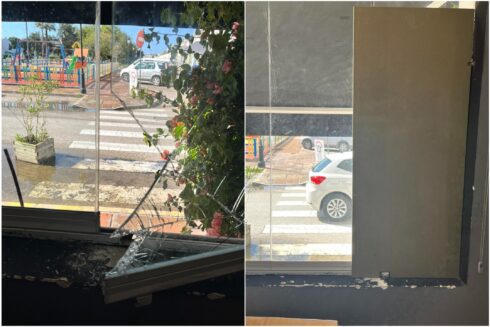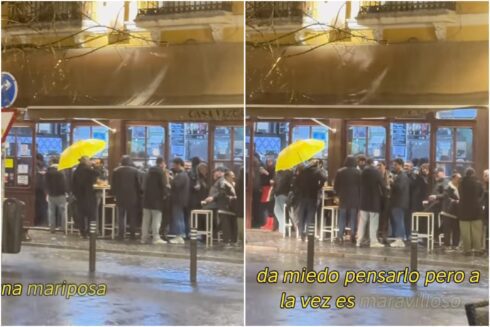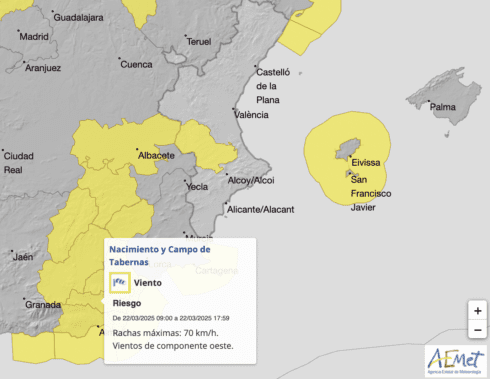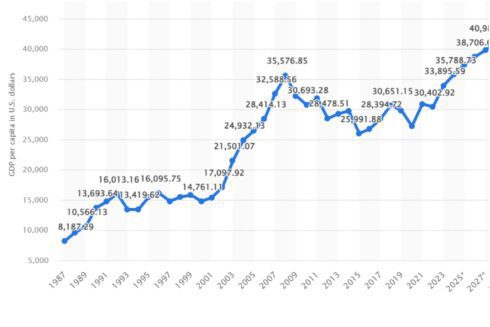As elections approach some of Spain’s regions are committing to slashing taxes, a move that has the central government on high alert
The year 2023 will see elections in regions such as Murcia, Madrid and Valencia. As the polls near, some of Spain’s politicians are resorting to a tried and tested policy aimed at improving their popularity: announcing tax cuts. Under the Spanish system, the central government sets some taxes, while others, such as wealth tax or inheritance tax, are set by the regions.
On September 19, the regional premier in Andalucía, Juan Manuel Moreno of the conservative Popular Party (PP), announced the scrapping of wealth tax, or impuesto de patrimonio. The aim, he explained, was to encourage high earners to fix their place of residence in the region in order to boost tax revenues. Since then, a number of other politicians have made similar moves.

What is the wealth tax? This duty is paid by anyone with assets in excess of €700,000, and that includes anything from property and artworks, to jewels and stocks.
How many people paid this tax in Andalucía? According to Spanish daily El País, some 16,785 people were liable for the wealth tax in 2020, the last year for which there are figures from the Tax Agency.
How much did the tax generate? In 2020, the tax brought in more than €93 million for the region’s coffers.
How many people in Andalucía will benefit from the scrapping of the tax? According to government sources who spoke to El País, just 0.2% of Andalusians will benefit from this move. They will be on average €5,800 better off each year. The average wealth of people in this bracket in Andalucía is €2.74 million, according to Tax Agency figures.
What has been announced in Murcia? The Murcia regional government last week approved a reduction of 4.1% on the first four income tax (IRPF) rates, affecting those who earn up to €60,000. The measure had been announced by the PP regional premier, Fernando López Miras, and will be applied to 2022 tax returns. The move is expected to benefit 330,000 taxpayers, saving them a total of €8 million. The regional government is also considering getting rid of the wealth tax.
Have any other regions scrapped the wealth tax? Only Madrid, which has been governed by the PP for more than 25 years, had got rid of this tax, costing the region some €53 billion in the last 20 years. But PP politicians claim that tax advantages have seen the region become a magnet for wealthy residents and large firms. Madrid is also going to reduce IRPF in line with inflation, as will Andalucía.
What was announced on Tuesday in Valencia? Until today, the politicians announcing tax cuts had been from the conservative Popular Party. However, the leader of the Valencian Socialist Party, Ximo Puig, has just announced a reduction in IRPF for those who earn up to €60,000. Puig is the regional premier of Valencia, and governs in coalition with the leftist parties Compromís and Unides Podem (the Valencian branch of Unidas Podemos). The plan is for the tax cut to be retroactive, and thus applied to 2022 tax returns. It will save taxpayers an average of €111 a year. Puig made clear today that the measure would combat inflation and benefit “workers and the middle class”. He also pointed out that the region would not make any changes to wealth tax. What has the central government said? The Socialist Party-led central administration has criticised the tax-cutting moves by the PP, calling them “fiscal populism”. “There are those who are embarking on a completely destructive race to the bottom, which starts with the elimination of taxes on large fortunes,” said Deputy Prime Minister and Economic Affairs Minister Nadia Calviño earlier this week. The plans in Valencia have also pitted the government against a member of its own party. In response, Ximo Puig has called for unity. For now, the central government is refusing to lower taxes in its upcoming budget for 2023.
READ MORE:
- Pedro Sanchez announces surprise windfall taxes on banks and energy companies in Spain
- Spain to lower taxes for industries affected by war in Ukraine
- Spanish YouTube ‘influencers’ flee to Andorra to avoid taxes









